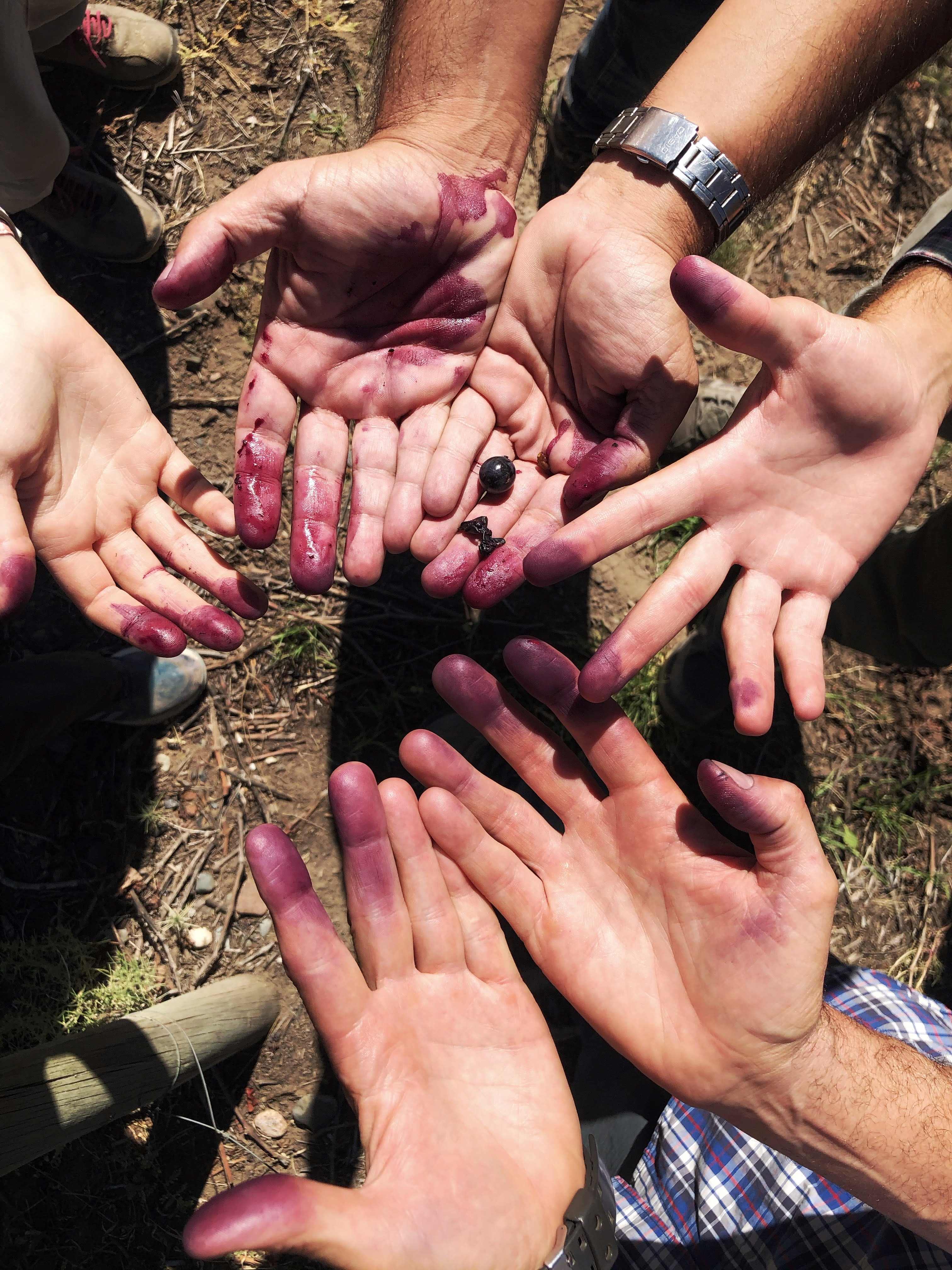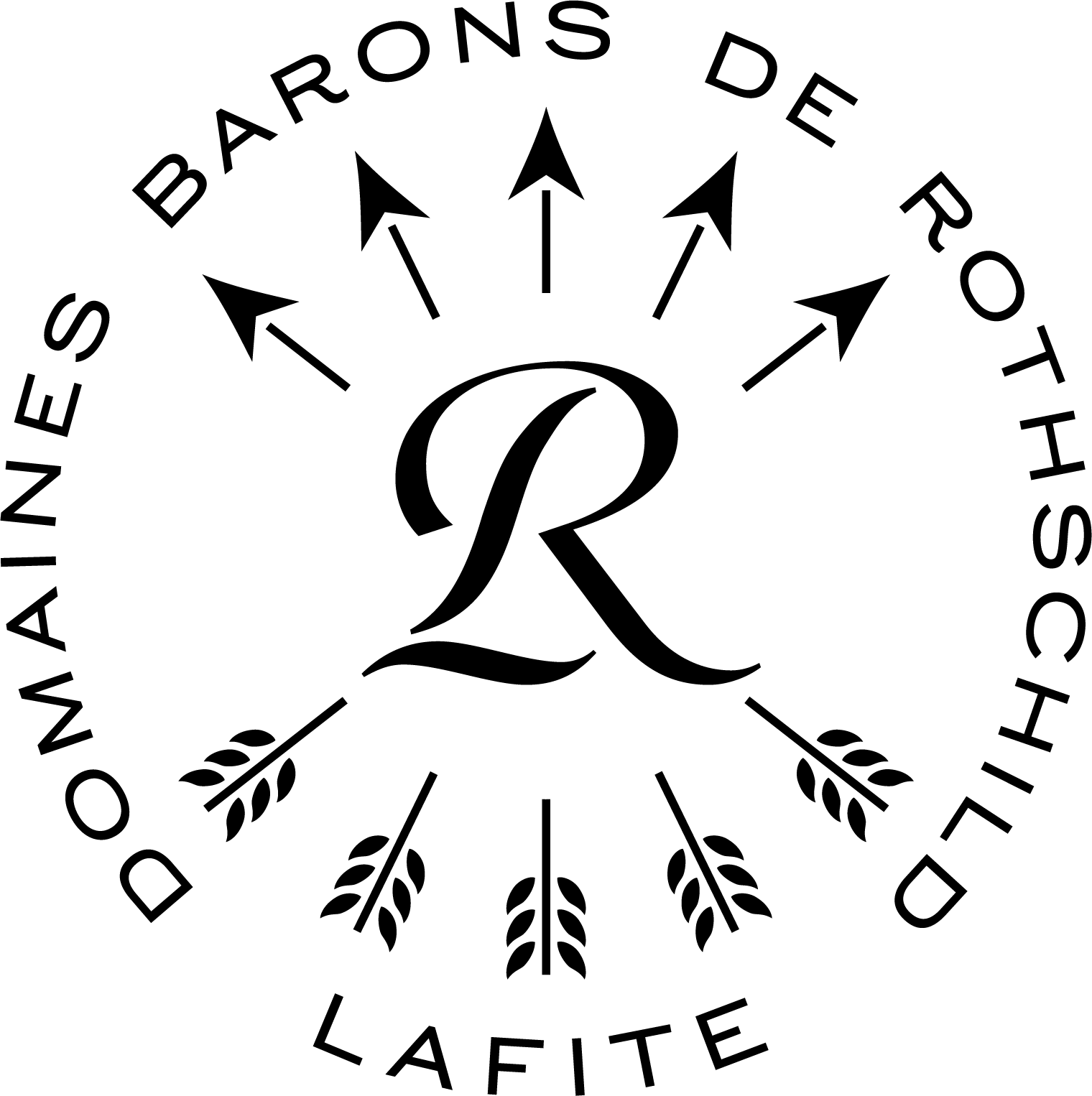

Domaines Barons de Rothschild Lafite

Nouvelle-Aquitaine, France
December 2023
Agricultural Processing
Agriculture/Growers
Argentina,
Chile,
China,
France
Domaines Barons de Rothschild Lafite: family spirit. That's how DBR Lafite defines itself, from Pauillac and the Bordeaux region where it all started to the Corbières, and from Chile to China, via Argentina, a close-knit family of wine estates, each distinct by its terroir and character, but all sharing the same spirit. More specifically they are Château Lafite Rothschild, Château Duhart Milon, Château l'Evangile, Château Rieussec, Château Paradis Casseuil, Domaine d'Aussières, Les Légendes R, Viña Los Vascos, Bodegas Caro et Domaine de Long Dai. Our mission: to listen to and protect the nature that has been with us since the day we started, with now organic viticulture in all our French estates. Believing in our shared desire to bring up our vines with care, curiosity and tenderness and to vinify our wines always looking for balance. In other words: what we do is to Cultivate to pass on. The sixth generation of the Rothschild family is now looking after our vineyards. As a team, wherever we are in the world, we are constantly re-examining and adapting our practices to produce wines that speak about their roots and share emotions, while taking great care to ensure the well-being of our employees, our terroirs and those who will open our bottles.
Overall B Impact Score
Governance 14.0
Governance evaluates a company's overall mission, engagement around its social/environmental impact, ethics, and transparency. This section also evaluates the ability of a company to protect their mission and formally consider stakeholders in decision making through their corporate structure (e.g. benefit corporation) or corporate governing documents.
Workers 23.1
Workers evaluates a company’s contributions to its employees’ financial security, health & safety, wellness, career development, and engagement & satisfaction. In addition, this section recognizes business models designed to benefit workers, such as companies that are at least 40% owned by non-executive employees and those that have workforce development programs to support individuals with barriers to employment.
Community 17.7
Community evaluates a company’s engagement with and impact on the communities in which it operates, hires from, and sources from. Topics include diversity, equity & inclusion, economic impact, civic engagement, charitable giving, and supply chain management. In addition, this section recognizes business models that are designed to address specific community-oriented problems, such as poverty alleviation through fair trade sourcing or distribution via microenterprises, producer cooperative models, locally focused economic development, and formal charitable giving commitments.
Environment 37.9
Environment evaluates a company’s overall environmental management practices as well as its impact on the air, climate, water, land, and biodiversity. This includes the direct impact of a company’s operations and, when applicable its supply chain and distribution channels. This section also recognizes companies with environmentally innovative production processes and those that sell products or services that have a positive environmental impact. Some examples might include products and services that create renewable energy, reduce consumption or waste, conserve land or wildlife, provide less toxic alternatives to the market, or educate people about environmental problems.
Customers 2.5
Customers evaluates a company’s stewardship of its customers through the quality of its products and services, ethical marketing, data privacy and security, and feedback channels. In addition, this section recognizes products or services that are designed to address a particular social problem for or through its customers, such as health or educational products, arts & media products, serving underserved customers/clients, and services that improve the social impact of other businesses or organizations.